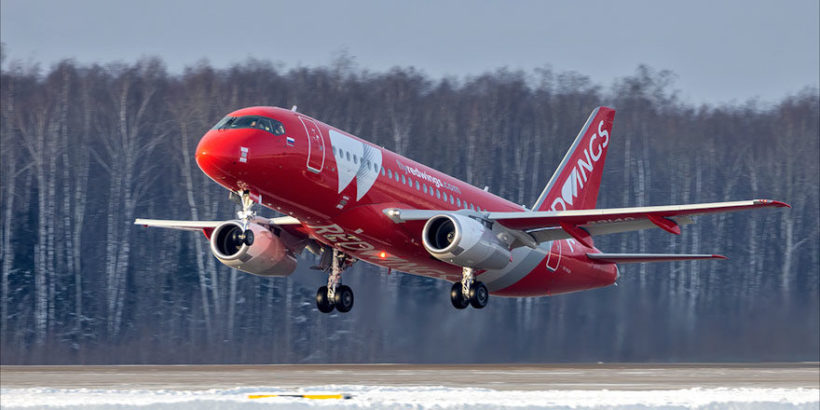On 15 July, the SF Committee on Economic Policy held a meeting “On measures to increase the availability of air transport” in Russia in the format of a video conference. The meeting was attended by representatives of the Russian antimonopoly service, the Ministry of Transport, Rosaviatsia, other agencies and airlines.
Air travel remains in high demand today, especially after the industry has recovered from the effects of the COVID-19 pandemic and sanctions. In previous years, the government has taken serious financial support measures, but this year the funds allocated have started to decrease. The main topic of discussion at the meeting was the issue of pricing and growth of tariffs for passenger air transport, as well as the validity of the decision to reduce state support for airlines and the list of measures to be proposed by the state to ensure the affordability of air transport for the population of the country.
In this regard, Evgeny Solodilin, CEO of Red Wings Airlines, proposed to increase the amount of subsidies for the cost of a flight hour for Superjet 100 aircraft in response to the rising cost of spare parts, which has increased two to three times due to the shortage due to sanctions and the need for import substitution. In 2024, the subsidy rate under the government decree remained at the 2020 level, despite a significant rise in the cost of imported components.
“We had quite serious support until 2021 from the 245th government decree, which subsidised and now subsidises the rate of airworthiness maintenance. But after the introduction of certain restrictions, including from unfriendly countries, the cost of spare parts for the Superjet 100 aircraft has increased two to three times. Because, in fact, these parts are no longer produced abroad – we buy these parts from the market. This is a deficit, and the deficit, respectively, accelerates the cost,” Solodilin said.
During the peak season, aircraft load factor in the regional network on routes bypassing Moscow airports reaches 98-100 per cent. Red Wings Airlines operates 49 subsidised routes. While in 2021 the airline carried 70 per cent of passengers on international routes and 30 per cent on domestic routes, after the introduction of restrictions by the European Union, the airline began to carry 50 per cent of passengers both abroad and within the country.
According to Evgeny Solodilin, the Russian industry is actively working on import substitution of components for the SSJ100 aircraft, but the cost of spare parts continues to rise. “If at 2020 prices the subsidy was in the amount of 37500 rubles per flight hour rate, it remains exactly the same in 2024, but only the cost of spare parts has increased two to three times. And given that the type of aircraft Superjet 100 is just a connection between regions, not through the capital, we would, for our part, propose to consider increasing the subsidy rate under the 245th decree,” the head of Red Wings said.
Production of the Superjet 100 aircraft was halted due to sanctions in 2022. From the very beginning, the Superjet was conceived to be offered not only on the domestic market, but also for sales to foreign airlines. The main criterion is the possibility of certification of components individually and the aircraft as a whole according to EASA/FAA norms – European and American aviation safety regulators. In this regard, the aircraft was created in wide co-operation with the world’s leading suppliers of aviation equipment and systems. Boeing acted as a consultant to Sukhoi, which developed the aircraft.
The avionics on the SSJ100 are by THALES, the landing gear is by MESSIERDOWTY (SAFRAN), the fuel system is by INTERTECHNIQUE (ZODIAC) (all France). Control and life support system – LIEBHERR (Germany), hydraulic system – PARKER, interior and oxygen system – B/E AEROSPACE, fire protection system – AUTRONICS (CURTISSWRIGHT), electrical system – HAMILTON SUNDSTRAND, wheels and brakes – GOODRICH, doors – THE BOEING COMPANY, air handling units – HONEYWELL (all USA). Engine vibration sensors were supplied by Swiss VIBRO-METER, crew seats – IPECO (UK). SaM146 engines were produced by PowerJet, a joint venture between ODK-Saturn and France’s Safran, localised in Rybinsk. After the introduction of anti-Russian sanctions in 2022, PowerJet stopped supplying spare parts for SaM146s, as well as their maintenance, repair and leasing.


